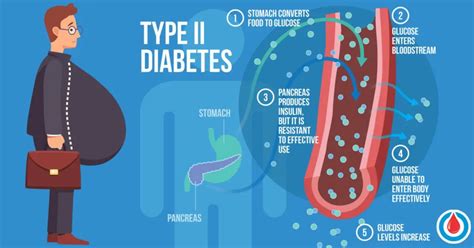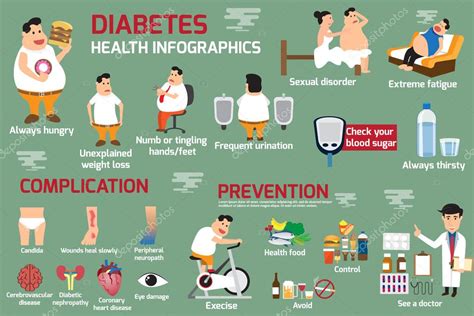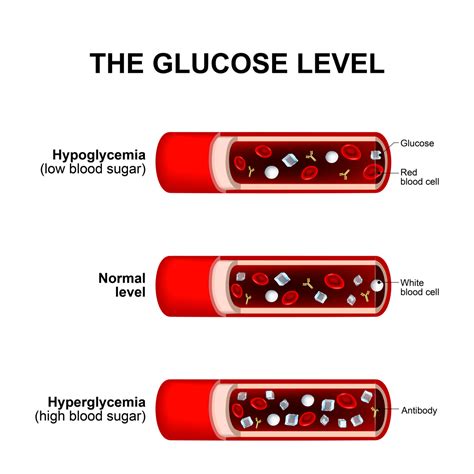April 27, 2024, 9:00 am
Obesity and Blood Sugar
Obesity is a major risk factor for type 2 diabetes, a chronic disease that affects how your body turns food into energy.

When you eat, your body breaks down the food into glucose, a type of sugar. Glucose is then released into your bloodstream, where it is used for energy by your cells.

Insulin is a hormone that helps glucose get from your bloodstream into your cells. When you are obese, your body produces less insulin or becomes resistant to insulin, which can lead to high blood sugar levels.

High blood sugar levels can damage your blood vessels and organs, and can lead to a number of health problems, including:
- Heart disease
- Stroke
- Kidney disease
- Blindness
- Amputation
If you are obese, it is important to talk to your doctor about your risk for type 2 diabetes and to make lifestyle changes to reduce your risk, such as:
- Losing weight
- Eating a healthy diet
- Getting regular exercise
If you have type 2 diabetes, it is important to follow your doctor's instructions for managing your blood sugar levels, which may include:
- Taking medication
- Eating a healthy diet
- Getting regular exercise
- Monitoring your blood sugar levels
By following your doctor's instructions, you can help manage your blood sugar levels and reduce your risk of developing complications from diabetes.